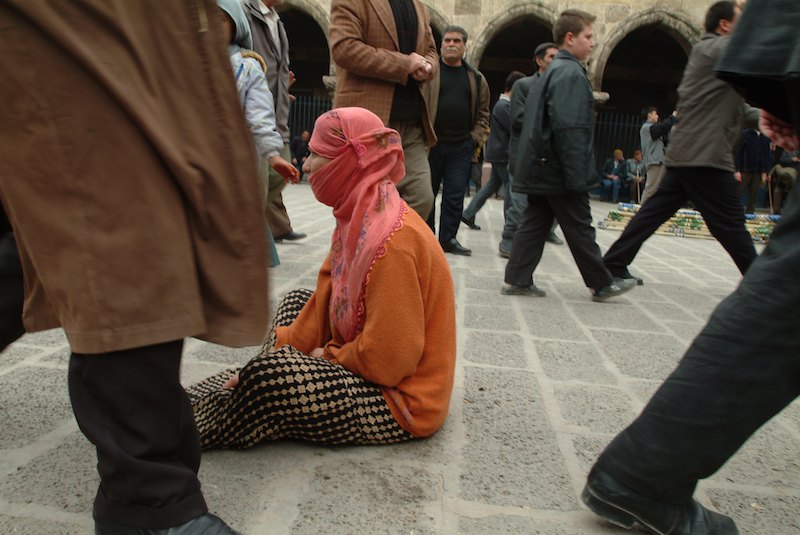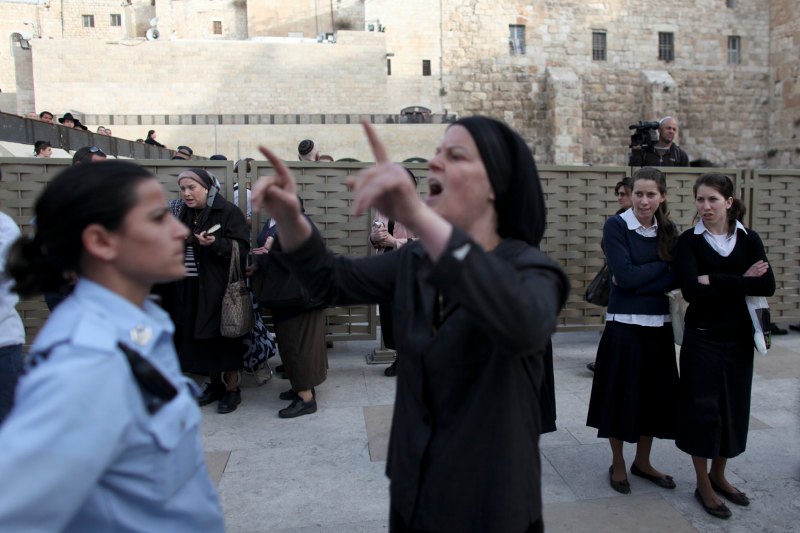httpv://www.youtube.com/watch?v=TH_r6-JpO9Q
On this date in 1913, militant suffragette Emily Davison was struck by King George V’s horse at the Epsom Derby. She died four days later. She ran out onto the track (as you can see from the footage above) with a suffragette flag, which she evidently intended to attach to the king’s horse.
One of Frye’s entries in notebook 44 consists of this single sentence: “I don’t think it’s coincidence or accident that feminism and ecology should become central issues at the same time” (CW 5, 206).
A modified version of the phrase appears again in chapter six of Words with Power, “Second Variation: The Garden”:
Here we are concerned with the oasis-paradise of gardens and fountains that derives from the Biblical Eden and the Song of Songs. It may be an impossibly idealized vision of a very tame aspect of nature, especially when in Isaiah it extends to a world in which the lion lies down with the lamb (11:6 ff.). But it is the beginning of a sense that exploiting nature nature is quite as evil as exploiting other human beings. Admittedly, the Bible itself has done a good deal to promote the conception of nature as something to be dominated by human arrogance, for historical reasons we have glanced at. Contact with some allegedly primitive societies in more modern times, with their intense care for the earth that sustains them, has helped to give us some notion of how skewed many aspects of our traditional ideology are on this point. But even in the Bible the bride-garden metaphor works in the opposite direction by associating nature and love, and I doubt if it is an accident that feminism and ecology have moved into the foreground of social issues at roughly the same time. (WP 225)
As a matter of myth manifesting primary concern, the equalization of the sexes is implicit in biblical typology. As a social and historical development, of course, it is all too often an ugly business typical of issues pertaining to power. But the equalization of the sexes also has an apocalyptic dimension, as Frye’s rendering it in chapter six of Words with Power suggests.
Continue reading →


